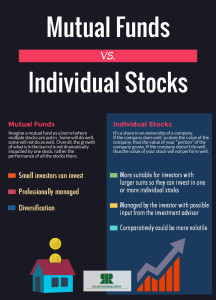Why Does Our Loonie Fluctuate?
Our loonie, like any other currency around the world, is measured against the strength of the U.S. dollar.
A number of individuals seem to think that our dollar is linked to the price of oil. True, oil is purchased all over the world with U.S. dollars only, and sometimes we in Canada sell more oil than at other times, so it’s incorrectly presumed that one is linked with the other.
However, in reality only two main points influence our dollar and the currencies of other countries:
- The public trust in the country’s banking industry along with the stability of the government in that same country.
- The bank rate in that country and how it compares to others.
To really understand the issue, imagine that you’re living in a corrupt or war torn country. You’ve saved up a nest egg for yourself over the years and you realize that your currency is going to drop in value, maybe down to the paper that it’s printed on.
This has almost happened in countries like Argentina and Brazil.
It’s known as hyperinflation.
So the answer is to convert your local, unstable currency to that of another country before your money becomes valueless. Earnings on your money is secondary. Safety, is primary. Safety, meaning a country where the banks won’t go bankrupt, and a government that is perceived to be democratic and stable.
The United States and Canada are both perceived to have strong banking institutions and to be safe democratic countries.
So now that you have security, the second point that arises is, which country will pay more interest. Today it’s the United States, more so than Canada. As a result, our dollar continues to weaken as more and more companies, individuals, and in some cases even governments of other countries, transfer the funds to U.S. treasuries.
Now you know why our loonie fluctuates.



